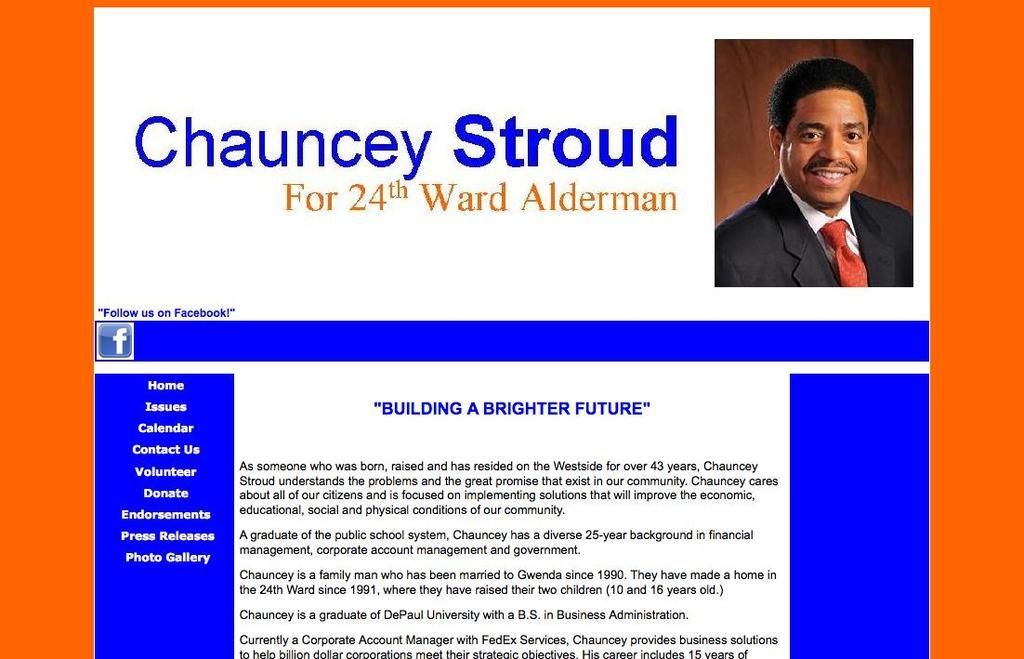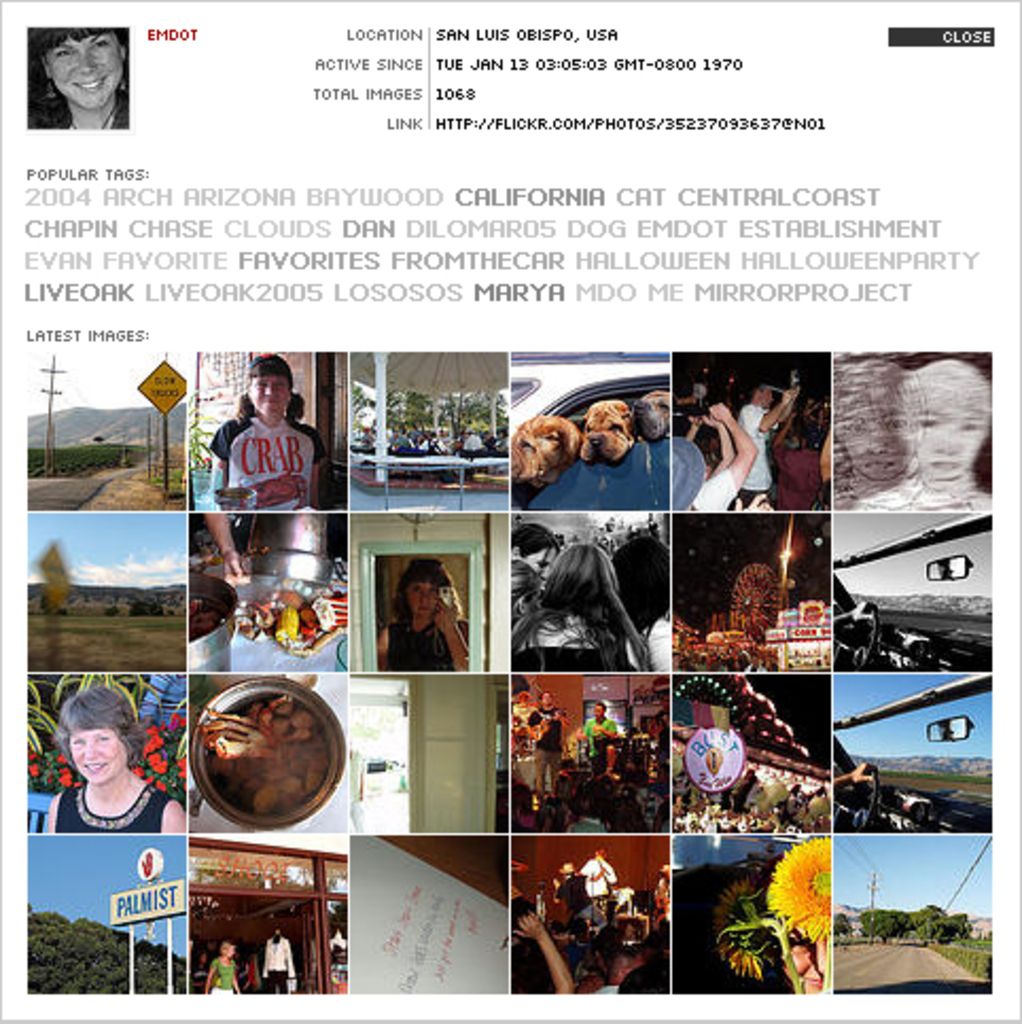Hemp vs Traditional Cannabis: Navigating America's Grey Areas
The escalating concern about unregulated hemp poses a significant challenge to legitimate cannabis enterprises.
In a twist that echoes the battle between tech giants, cannabis companies face a conundrum reminiscent of their contemporaries in the hemp sector. The emergence of hemp-derived cannabis products is causing ripples, especially when compared to the heavily regulated world of traditional cannabis.
A Farm Bill Revolution
Cannabis with less than 0.3% delta-9 THC, commonly known as hemp, is federally legal under the 2018 Farm Bill. Officially titled the Agriculture Improvement Act of 2018, this significant U.S. legislation paved the way for hemp cultivation, production, and interstate transport. Regulation oversight for hemp was handed to the USDA, with states and tribes given the opportunity to develop their own programs.
Traditional cannabis, derived from cannabis sativa or cannabis indica, also known as marijuana, remains a Schedule I narcotic and federally illegal despite many states legalizing it and building sizeable state-run cannabis programs. These programs operate under tight regulatory pressure, with only minimal interstate operations allowed due to federal restrictions.
Thriving in a Legal Loophole
The legality change for hemp-derived cannabis opened doors for a booming market in products such as hemp-derived CBD, delta-8 THC, and delta-9 THC. These intoxicating hemp products have seen growing popularity, yet they operate within a legal grey area. Many products are indistinguishable from marijuana-based cannabis and carry far more regulatory oversight.
This legal ambiguity has resulted in dangerous incidents across the nation. Accusations of unethical practices run rampant, creating a competitive disadvantage for those who comply with the law and generating a PR challenge for cannabis businesses.
Financial Professionals' Outlook
Despite the booming market for these less-regulated products, tax expert Mike Goral cautions that it's a temporary situation. He notes that the current ease for producing delta-9 THC products that bypasses oversight won't last long. Meanwhile, larger Multi-State Operators (MSOs) are jumping aboard the hemp-derived bandwagon instead of confronting these producers.
Follow the unfolding drama by subscribing to our website's free daily newsletter.
Missouri's Cannabis Challenges
Brenda Bader, owner of the cannabis-focused firm Gold Leaf Accounting in Missouri, claims that her local markets are taking the hemp-derived cannabis challenge head-on. Despite acknowledging the growth potential of these untouched products, Bader attributes the lack of oversight to multiple problems: dangerous incidents, stakeholder frustration, and a stigma around cannabis in more traditional regions.
One shocking example involves finding a lab report for a Delta-9 product with a 20-year-old date stamp on a product that clearly isn't that old, following a QR code scan. This revelation instills a sense of frustration amongst legal cannabis operators in Missouri, who follow strict packaging laws similar to pharmaceutical companies.
The Push for Regulation Across the USA
Unlicensed operators are not looking to eliminate product lines altogether. Instead, they seek regulation across the board, arguing that if the legal industry must adhere to strict rules, then the same scrutiny should apply to everyone. The goal is to ensure that hemp-derived Delta-9 doesn't steal the spotlight from regulated cannabis, thus preserving the integrity of the industry and educating the public.
Legal Challenges and State Action
Jeffrey Hoffman, a prominent cannabis lawyer from New York City, sees major legal hurdles for hemp-derived cannabis products in numerous states. In particular, Texas, a significant market for these products, may ban them outright due to the influence of Lieutenant Governor Dan Patrick, who has ardently advocated for such a move.
States like California, Nebraska, Florida, and South Dakota have proposed related legislation to regulate or ban these products. Tennessee is moving forward with regulations, while Arkansas, Alaska, and Virginia have already implemented legislation to restrict or prohibit hemp-based cannabis products.
Ongoing Evolution
As states and the federal government continue to debate and refine regulations on hemp and marijuana, this landscape is poised for further change. Stay informed by following news and regulations related to Regulation & Compliance on our website.
References:1. https://www.usatoday.com/story/money/2020/01/23/delta-8-thc-sales-surging-hemp-derived-cbd-competitor-explainer/4518888002/2. https://www.forbes.com/sites/tomangell/2021/03/10/federal-drug-agencys-silence-means-hedge-funds-capitalize-on-uncertainty-over-cannabis-derivatives/?sh=360b9bb7255b3. https://www.adweek.com/brand-marketing/what-further-regulation-means-for-the-cbd-boom/4. https://www.blackenterprise.com/delta-9-thc-what-every-cannabis-consumer-should-know/5. https://www.whitehouse.gov/whitchouse-offices/office-of-national-drug-control-policy/resource-center/legislation/comprehensive-addiction-recovery-act/
- In the Grey Areas of America, cannabis companies are faced with a challenge similar to tech giants, as hemp-derived cannabis products stir up ripples in the heavily regulated traditional cannabis market.
- The 2018 Farm Bill marked a Revolution in American farming laws, legally classifying cannabis with less than 0.3% delta-9 THC as hemp, allowing for its cultivation, production, and interstate transport.
- Regulatory oversight for hemp was handed to the USDA, giving states and tribes the opportunity to develop their own programs.
- Traditional cannabis, or marijuana, remains a Schedule I narcotic and federally illegal, despite many states legalizing it, under tight regulatory pressure and minimal interstate operations allowed.
- The legality change for hemp-derived cannabis products has birthed a booming market, with products like CBD, delta-8 THC, and delta-9 THC gaining popularity.
- This legal grey area has led to dangerous incidents, unethical practices, and a competitive disadvantage for compliant cannabis businesses, creating a PR challenge in navigating America's Grey Areas.
- Financial professionals, such as tax expert Mike Goral, caution that the temporary ease in producing delta-9 THC products without oversight won't last for long.
- In Missouri, the cannabis market is addressing the hemp-derived cannabis challenge head-on, acknowledging its growth potential but attributing the lack of oversight to dangerous incidents, stakeholder frustration, and cannabis stigma in traditional regions.
- Unlicensed operators are pushing for regulation across the board, aiming to preserve the integrity of the cannabis industry by ensuring that hemp-derived Delta-9 doesn't overshadow regulated cannabis products.
- Major legal hurdles for hemp-derived cannabis products are expected in states like Texas, California, Nebraska, Florida, South Dakota, and others where related legislation is proposed or already enacted to regulate or ban these products.
- As regulations on hemp and marijuana continue to evolve across the country, keeping up with news, finance, and education-and-self-development regarding Regulation & Compliance can help businesses and consumers navigate the Grey Areas of the American cannabis industry.









